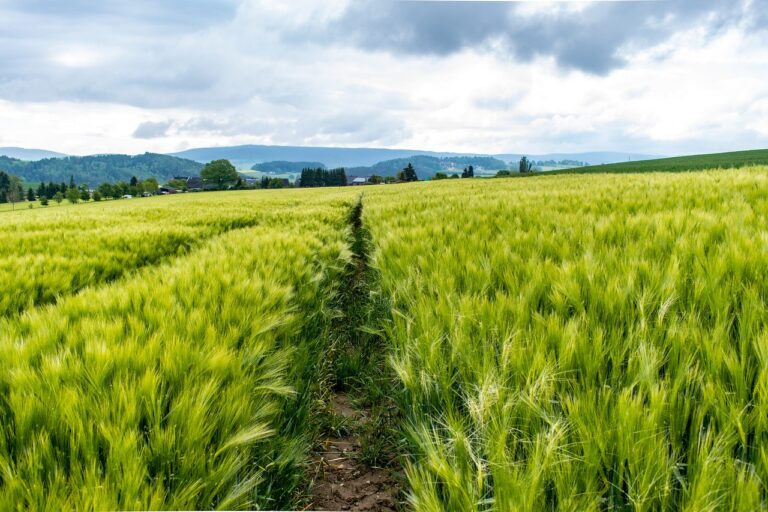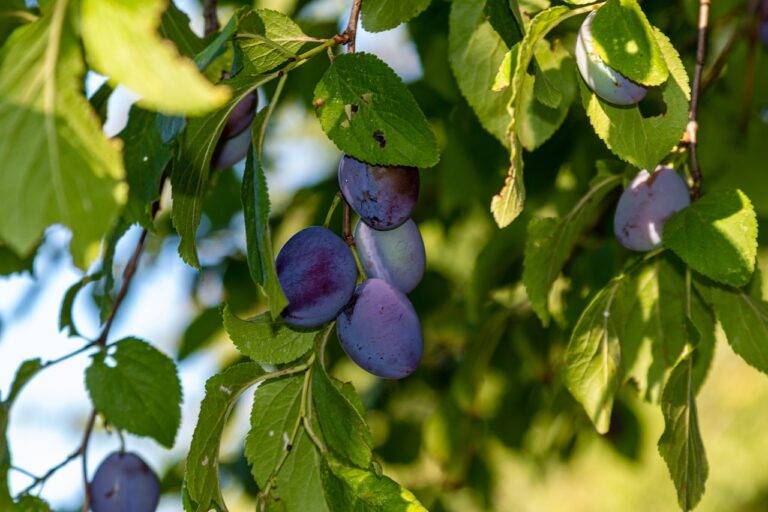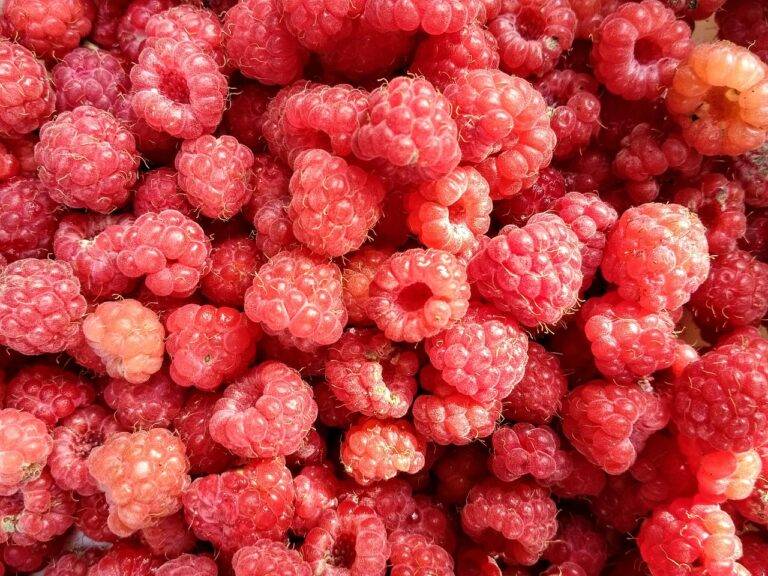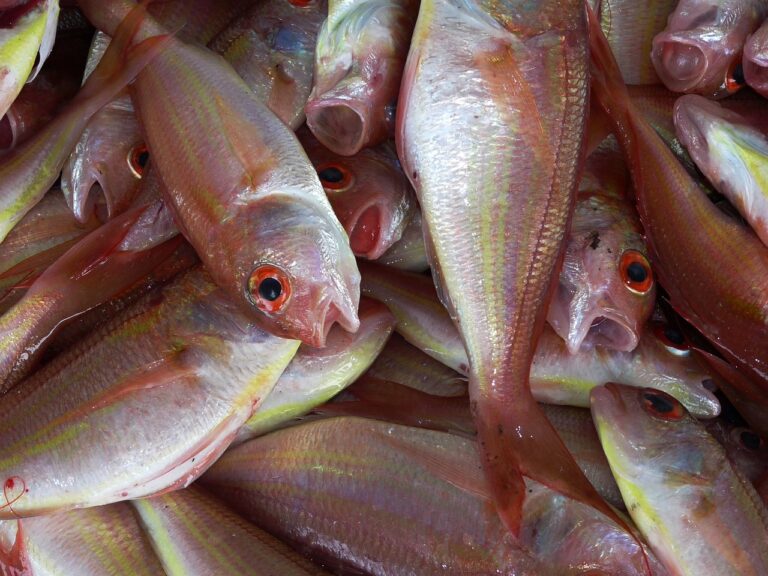Exploring the role of fruit pulp and puree in supporting sustainable food waste management: Sky.247, Diamondexch9 com, Tiger exchange vip
sky.247, diamondexch9 com, tiger exchange vip: Exploring the role of fruit pulp and puree in supporting sustainable food waste management
Are you tired of seeing so much food go to waste in your kitchen or at your local grocery store? Have you ever wondered what happens to all the fruit pulp and puree left over from juice and sauce production? If so, you’re not alone. The issue of food waste is a significant problem worldwide, with millions of tons of perfectly good food ending up in landfills each year.
But there is a solution – fruit pulp and puree can play a crucial role in supporting sustainable food waste management. By finding creative ways to use these byproducts, we can reduce waste, save money, and help protect the environment. In this article, we’ll explore the various ways in which fruit pulp and puree can be repurposed and how they can contribute to a more sustainable food system.
Reducing waste and saving money
One of the most significant benefits of using fruit pulp and puree is that it helps to reduce waste and save money. Instead of throwing away leftover fruit pulp from juice or sauce production, companies can repurpose it into new products, such as fruit snacks, smoothie bowls, or even fruit leather. This not only reduces the amount of waste going to landfills but also saves money on disposal costs.
At the consumer level, using fruit pulp and puree can also help to cut down on food waste and save money. Instead of throwing away overripe or bruised fruit, you can blend them into smoothies, bake them into muffins, or mix them into yogurt. By finding creative ways to use up these leftovers, you can reduce your grocery bill and minimize your environmental impact.
Supporting sustainable agriculture
In addition to reducing waste and saving money, fruit pulp and puree can also support sustainable agriculture. By repurposing these byproducts, companies can create a market for imperfect or surplus fruit that would otherwise go to waste. This not only benefits farmers by providing them with an additional source of income but also helps to reduce the environmental impact of food production.
Furthermore, using fruit pulp and puree can help to close the loop on the food system, creating a more circular economy. By repurposing these byproducts into new products, we can reduce the need for new raw materials and minimize the energy and resources required to produce food. This can help to lower greenhouse gas emissions, conserve water, and protect natural habitats.
Promoting healthy eating habits
Another benefit of using fruit pulp and puree is that it can help to promote healthy eating habits. By incorporating these byproducts into a variety of foods, we can increase the consumption of fruits and vegetables, which are essential for a balanced diet. This can help to reduce the risk of chronic diseases such as obesity, diabetes, and heart disease.
Fruit pulp and puree can be used to create a wide range of healthy and delicious foods, such as smoothies, salads, and desserts. By making these products more accessible and affordable, we can encourage people to incorporate more fruits and vegetables into their diets. This can have a positive impact on public health and help to reduce healthcare costs associated with diet-related illnesses.
FAQs
What are some creative ways to use fruit pulp and puree?
There are many creative ways to use fruit pulp and puree, such as blending them into smoothies, baking them into muffins, mixing them into yogurt, or making fruit leather.
How can using fruit pulp and puree help to reduce food waste?
By repurposing fruit pulp and puree into new products, companies can reduce waste from juice and sauce production. At the consumer level, using fruit pulp and puree can help to minimize the amount of fruit that is thrown away.
What are some benefits of using fruit pulp and puree?
Using fruit pulp and puree can help to reduce waste, save money, support sustainable agriculture, promote healthy eating habits, and create a more circular economy.
In conclusion, fruit pulp and puree can play a vital role in supporting sustainable food waste management. By finding creative ways to repurpose these byproducts, we can reduce waste, save money, support sustainable agriculture, promote healthy eating habits, and create a more circular economy. So next time you’re in the kitchen, think twice before throwing away that leftover fruit pulp – it could be the key to a more sustainable food system.







